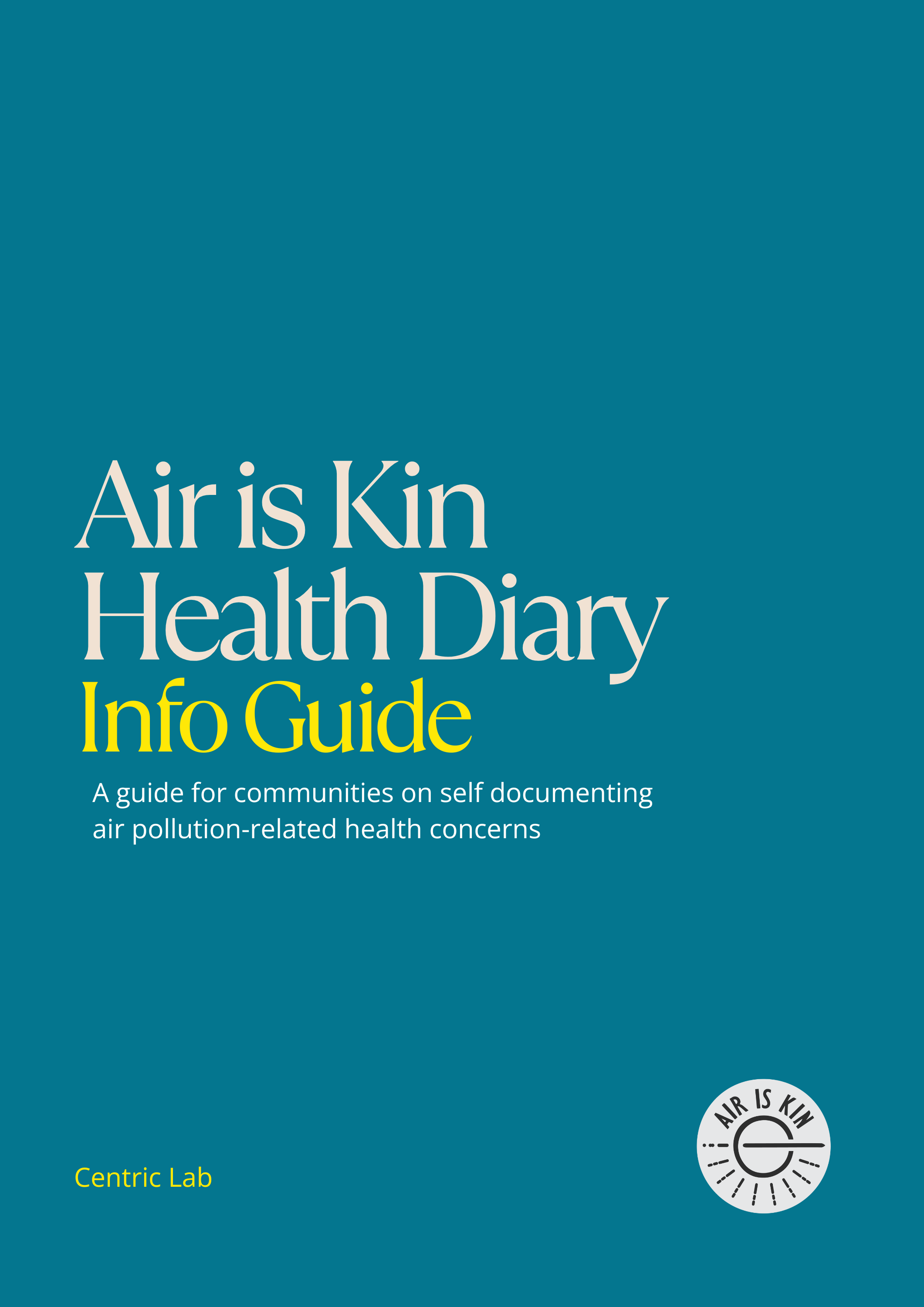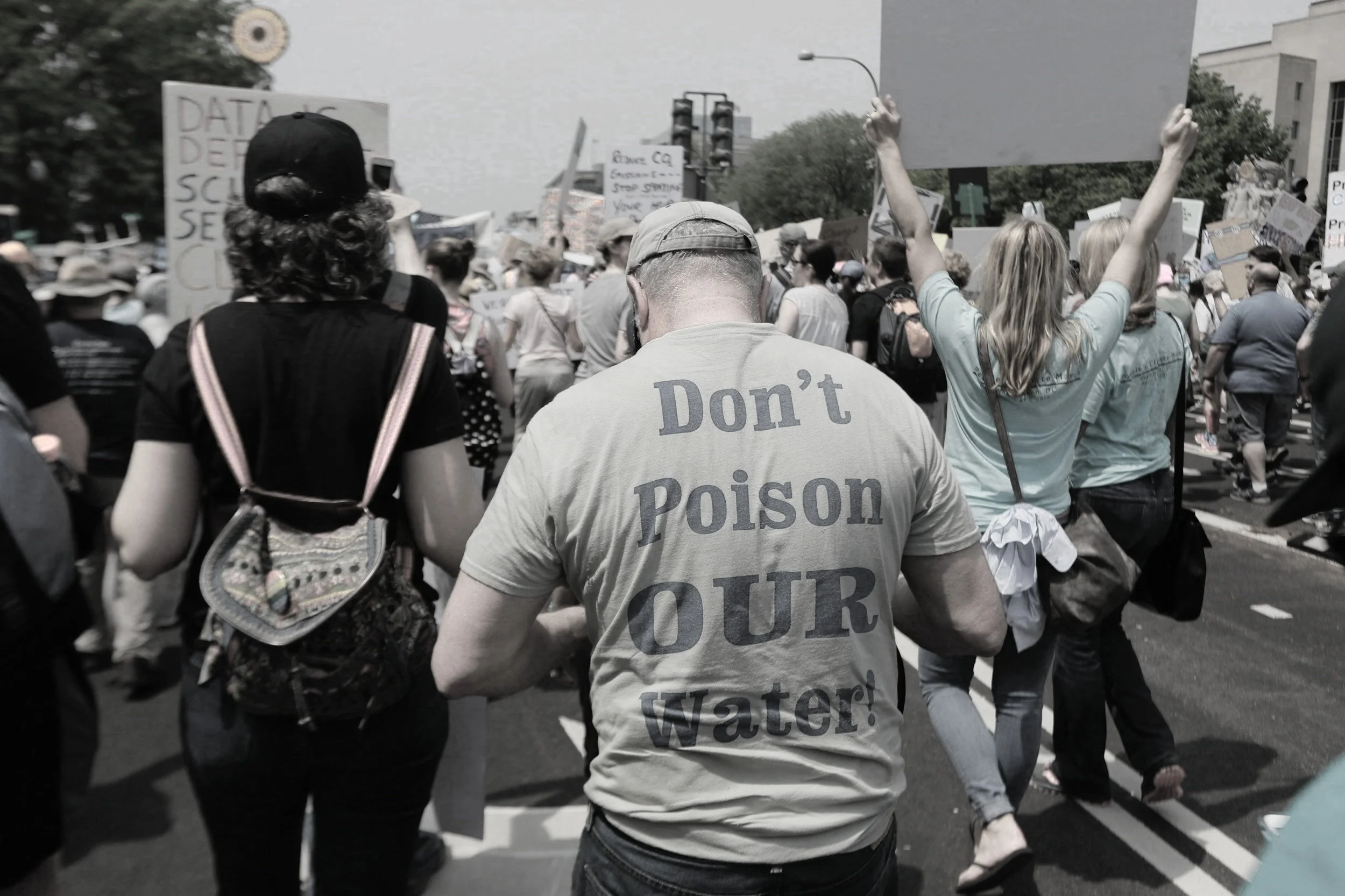Colonization, U.S. Property Law, and the Right to Pollute
Air is Kin
This essay has been written by Dr Grace L. Carson for the Air is Kin project. It is an Argument for a Decolonial, Abolitionist Framework in Environmental Protections.
We asked Dr Grace Carson, who is a Land Rights scholar to write a research essay tying the concept of "right to pollute" to the systemic separation of Indigenous Peoples of Turtle Island from the Ancestral Lands. This is to help us understand the epistemological pathways and narrative roots of current laws and policies that permit our Air to be polluted. The essay also provides a historical lens to the struggles against contamination, helping advocates see the broader factors that contribute to Air pollution, such as land ownership.
Whilst the essay centres Turtle Island, Grace highlights the epistemological and structural origins of land law in North America to be tied to Britain. This means that how British People are taught to imagine their relationship with the Land affects the policies that make air pollution legal to this day. British law and its conceptualisation of Land has affected communities beyond
One of the main learnings from this piece is that once the Land is imagined as an object that can be owned, bought, and sold, it creates the mental pathways to legally justify their abuse and destruction.
Further Reading
The AIK Health Diary Symptoms Weekly Tracker is for people who prefer more structured and direct questionnaires to answer. These questions have been reviewed by community advocates, academics, and healthcare professionals to make sure that they are relevant for comfortably recording the lived experience associated with air pollution exposure.
The AIK Health Diary Info Guide provides the purpose, use cases, and methodology for starting your own health diary that captures your air pollution related health symptoms. We recommend sharing this document and discussing it with others who share your concerns about documenting their health or may want to assist you.
This Essay explores the relationship between colonization, U.S. property law, and the right to pollute. It argues that the foundation of U.S. property law is rooted in colonization, used as a tool to genocide Native Peoples of Turtle Island and colonize Indigenous Land.
Here we share some context and learnings from exhibiting work from Air is Kin in the Vital Signs exhibition at the Science Gallery London from 2024-25.
We present pathways, philosophies, and strategies for community-led healing to safeguard against air pollution.
On 11th October 2023, 14 people, ranging from the fields of medicine, policy, law, abolition, science, data science, economics, and art gathered to declare our right to access AIR.
In current conversations about air pollution, we have grown accustomed to perceiving Air as simply the absence of pollutants. However, Air is vastly more than this. We asked Dr Jake Robinson, who is a microbial ecologist to provide an understanding of Air that is more robust, spiritual, and scientific.
How governments arrive at air pollution policies and contamination allowances are dependent on science, governmental policies, and narratives that are culturally acceptable. It is also important to consider that currently policies and laws that protect polluters are all done without community consent. Therefore, in order for us to access air that is nourishing and clean, we have to employ an abolitionist strategy.
Air is Kin is a project led by a wide range of practitioners from leading university research centres, primary healthcare trusts, and grassroots campaign groups.
This Academy is a self-directed learning tool built as a “Miro World”. Across a number of modules and lessons you are able to be part of a connected and educated community can help move your advocacy forward at a more gentle pace. This includes its history, the science behind air pollution, how air pollution affects our bodies and minds. We have also added lessons to nourish and inspire your journey.
These sessions are an opportunity to ask questions about the programme, ask for advice if you are facing a pollution event, or ask questions about a specific challenge you are facing.
This is a live, working summary document of the Air is Kin Project. We are prototyping a method for working not only with communities, but also with the wider public. Science is often done behind closed doors and with little to no public knowledge or input. Whilst it is not realistic to include every single member of the public, we hope that through this document, we can keep a clear line of communication with the general public.











